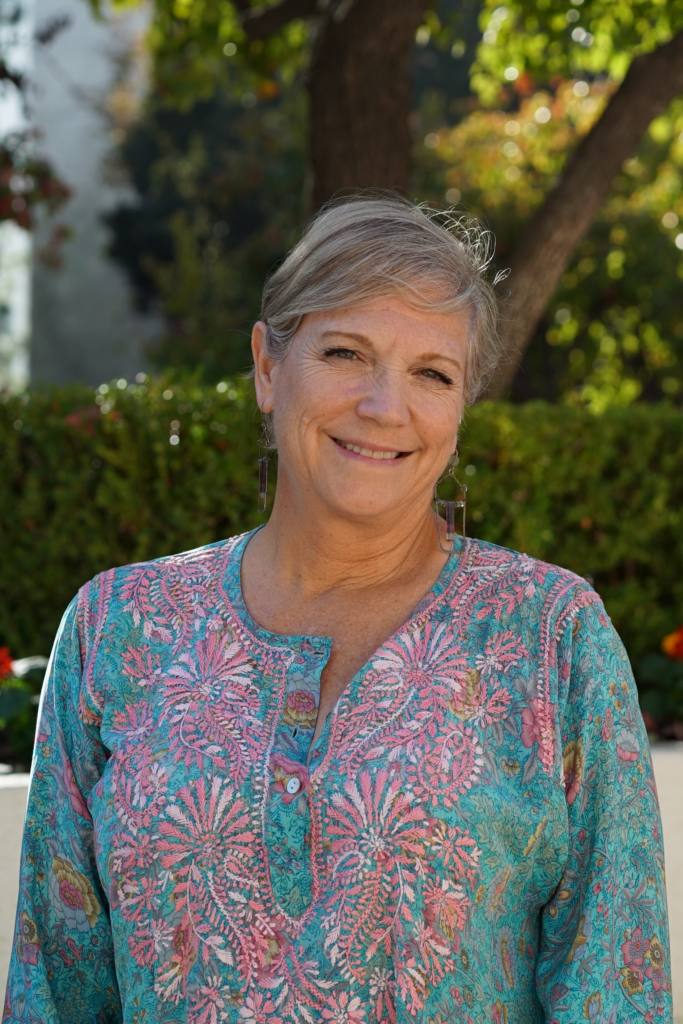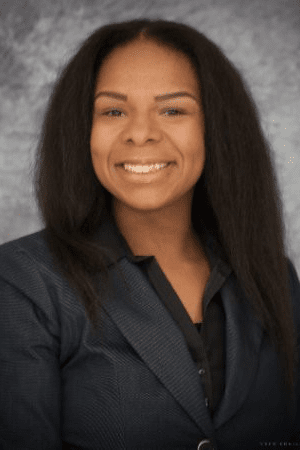The USC Doctorate in Regulatory Science (DRSc) program is the only doctoral program in regulatory science in the world. The program of study is designed to cultivate research, leadership and inquiry skills for advanced students in the emerging profession of global regulatory science. It is designed to produce graduates who have a particular expertise in strategic management, policy development and research assessment and who will work in senior positions in the public sector, academia and the medical products industry.
Participants in this program take a set of interdependent courses that extend from a strong core of basic regulatory science coursework and additionally focus on three main areas—global product strategy, product lifecycle strategy, and project and personnel management.
The program is designed to meet the needs of individuals who are already working full-time outside of the university in positions in which they have substantial leadership or managerial responsibilities. A typical student in the program has somewhere between 10 and 15 years of experience in the regulated product industry with several years of experience managing or directing regulatory or quality departments.
What is the difference between a DRSc and PhD in Regulatory Science?
The DRSc is classified as a professional doctoral degree. USC does not offer a PhD in regulatory science. However similar to the PhD, the DRSc includes a research-based dissertation and bestows the title of “Doctor” on its recipients. The key difference between the degrees is that the research for the PhD is more “lab-based” and most students who receive the PhD are interested in an academic career path of teaching and research. The benefit of the DRSc is the potential of our graduates to work in both professional (government, industry) and scholarly/academic capacities.
Why a Doctorate in Regulatory Science?
Foods, drugs and medical devices have been regulated for more than a century. In the last decade, however, we have seen dramatic change in the level of preparation needed for effective management in this sector. Societal concerns over safety, globalization and technological innovation have increased the amount and detail of administrative law in the U.S. and other areas of the world. At the same time, the increased sophistication of medical products has driven out the generalist; now regulatory leadership depends on a constellation of skill sets in science, law and management. Individuals who will lead the regulatory teams of the future must possess critical thinking skills and research acumen to be able to evaluate their own product and position it in a crowded marketplace. At the same time, they must possess a strong knowledge of policy and law, and must be able to work with large and diverse teams of individuals with different specializations and work cultures.
In a recent market survey in which industries were asked what were the skill sets that need to be developed in regulatory leaders, attention was drawn to three types of capabilities: outstanding people and project management skills, a good capability to understand and work within transnational organizations to make globally relevant decisions, and a broader knowledge of policy and business than is typically acquired at junior and mid-levels of the regulatory career structure. A further pressing problem is the graying of the current high-level regulatory professional. Most of the current leadership in regulatory science comes from individuals on the verge of retirement. These individuals learned on-the-job slowly as the regulations developed and now are leaving the field; the next generation of leaders will not have the same luxury.
Up to the present, a number of master’s programs in regulatory science have been developed, but these are designed to educate practitioners in early career stages. What is needed now is a more advanced program that generates leaders equipped with tools and knowledge appropriate to individuals in the upper echelons of the profession where they command many subordinates and take responsibility for decisions that steer policy or company strategies. We are responding to the needs of industries who are interested in recruiting and further training regulatory talent and from the professional organizations with a strong need for strategic and research training to support policy and business decision-making. Our goal is to develop individuals who can serve as leaders. However, in this case, those leaders are needed as a part of the health care system, where they will oversee the development and commercialization of medical devices, pharmaceuticals and foods, and will lead companies and government agencies concerned with regulatory planning and policy. These are the individuals who will replace the previous generation of regulatory experts, but they must be broader than most current experts. The products that they will foster, and the culturally and economically diverse countries in which they must operate, present a paradigm shift of a kind that this industry has not seen before. If we are to assure that new technologically sophisticated products make it to the marketplace, we must find new ways of benchmarking best practices and shortening the critical path that now exceeds a decade for most innovative pharmaceuticals and devices. Our vision is coherent with that of the NIH and FDA whose Roadmap Initiative and Critical Path activities stem from strong concern about the ability to sustain growth in this sector using old methods.



